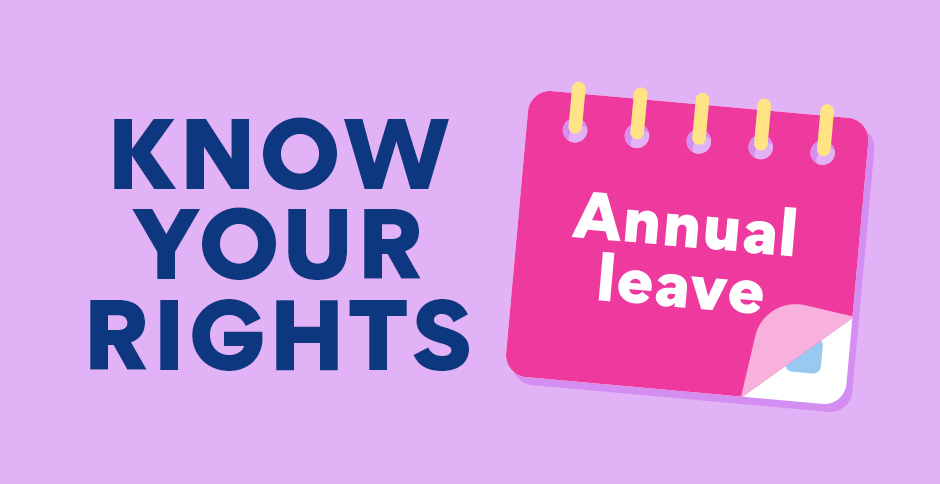If the thought of having your work criticised makes your heart race and your temper soar, you’re not alone. It’s not easy when a manager or colleague gives us feedback, no matter how accurate it may be. But despite the discomfort it can bring, criticism shouldn’t be taken personally. It can be a valuable tool for self-improvement and career progression, if managed correctly.
The first step is to work out whether the criticism you’re receiving is constructive or destructive. According to Organisational Psychologist, Simon Brown-Greaves, constructive criticism almost always focuses on specific examples and “includes an opportunity for discussion about improvement.” For example, “I noticed some errors in your monthly report. It might be beneficial allocating some extra time to ensure the final numbers are correct.” Brown-Greaves says this is very different to destructive criticism, which is usually “vague and non-specific” and can often be personal in nature, such as, “people have been telling me you’re doing a bad job producing the monthly report”.
While dealing with destructive criticism requires the help of well-trained superiors, coping with constructive feedback should be a little easier with these tips.
Don’t respond defensively: Take a moment. A thoughtful response is always better than a heated reaction. You may feel your heartbeat quicken, and the need to defend yourself intensify, but that feeling will not last forever. Let it pass. Listen to the feedback your boss or colleague has to give without interrupting, and then diplomatically say what’s on your mind.
Actively listen: Listen to the criticism, and follow up with questions to define the heart of the issue. This will leave little room for misunderstanding, and will give you an insight into how to fix the problem.
Offer a solution: Let’s face it, nobody likes to be told that they’re wrong, but it’s important to avoid becoming argumentative. Turn the exchange into a positive discussion about solutions, and if you and your boss agree, then you will have a clear path to follow. Brown-Greaves says healthy workplaces should have a culture in which “staff feel free to speak up and challenge feedback in a constructive way.” However, if you feel overwhelmed by the feedback, you can always take time to digest it, and return to the conversation later.
Don’t take it personally: While criticism may occasionally feel like an unfair attack, it is important to maintain professionalism and not get emotional. Remember, you are not your work. Set your ego aside, and remind yourself that your objective is to perform well.
Criticism is unavoidable, so it’s necessary to learn to handle it in a professional manner. Exercising self-control and understanding while receiving constructive or destructive feedback will not only benefit your career, but also, your peace of mind.
Criticism is unavoidable, so it’s necessary to learn to handle it in a professional manner.



